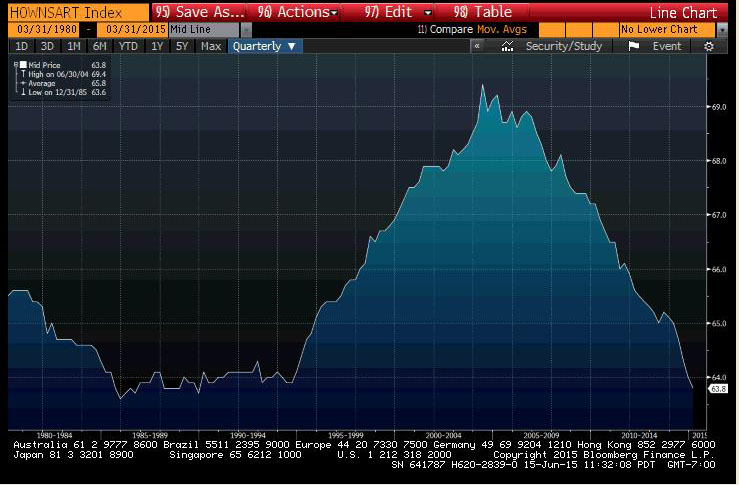 by Brad Houle, CFA
Executive Vice President
by Brad Houle, CFA
Executive Vice President
Gyrations in the Chinese A-share stock market have been a big topic in the financial press recently. The questions that we are getting from clients all center on what the broader implications might be for the Chinese economy and the impact on Western economies. Bottom line, the Chinese A-share market gyrations are a circus side show that will not have real impact on the actual economy of China or the economies of the U.S. or Western Europe.
In fact, the recent events in the Chinese stock market are an excellent primer on what NOT to do while trying to develop free price capital markets. Currently, the A-share market is more rigged than a game of Three-card Monte and the government in Beijing is determined to build the world’s biggest casino. There has been a dizzying array of strategies employed by the Chinese government to first inflate the value of the market and then attempt to control its inevitable decline. Most investors in the A-share markets are Chinese retail investors. The use of borrowed money or margin was encouraged and the A-share market became the most levered financial market of all time for a short while. Since the market started its downward slide, margin debt has now been restricted. In addition, if you are a greater than 5 percent holder of a stock, you are now not allowed to sell for six months. In addition, 200 companies listed on the Shanghai exchange have suspended trading. This is only a partial list of the heavy handed tactics utilized by the government in an attempt to control the stock market. Capital markets that are free from unnecessary regulation and are as transparent as possible are vital to build trust with global investors. While China has gotten it wrong in the short-term, eventually they will get it right as the country transforms to more of a free market economy.
The Chinese A-share market is a rounding error in international equity indexes and Chinese exposure for our clients is accomplished via exposure to Hong Kong and its stock market’s H-shares, as well as Chinese companies that trade on American exchanges. Unless you are a retail investor in China who is invested in the Chinese A-share market, it is not impactful. What is important, however, is what happens in the Chinese economy.
Chinese GDP was released this week at a 7 percent year-over-year growth rate. It is an old story that global investors look at Chinese economic data with skepticism. If you look deeper at other economic indicators in China, the data suggests that a number much lower than 7 percent GDP is probably closer to the truth. One of our research partners, Cornerstone Macro, points out that as business confidence is at the lowest level in 16 years, electricity consumption is up just 1.8 percent, auto sales are down 40 percent and bank loan demand is lower. As such, Cornerstone theorizes that actual GDP growth is likely closer to 5 percent. China is the number two economy in the world, and what happens with the trajectory of the Chinese economy is impactful to the world economy. Currently, the U.S. and European economies appear to be decoupled from the Chinese economy and are benefiting from lower commodity costs and strong domestic economies.
Our Takeaways for the Week
- The Greek parliament voted to enact reforms agreed upon with the European Union this past Thursday. Once again, the “can” of the Greek Financial Crisis is getting kicked down the road
- The Chinese A-share market is unimportant in the global economy. Performance of the broader economy in China is of vital importance to the world economy and the trajectory of growth or lack of growth is something we are monitoring closely









